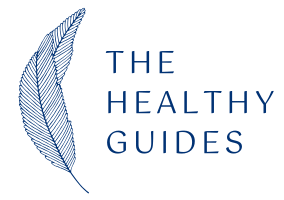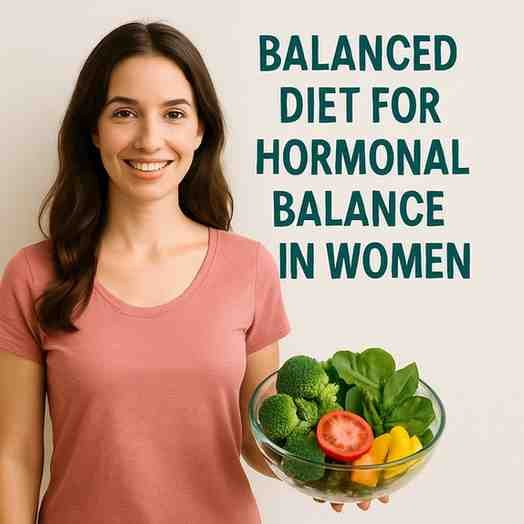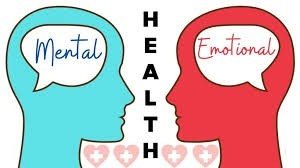Introduction: The Bubble That’s More Than Water
Ever crack open a can of diet soda and wonder if it’s a guilt-free refreshment or a hidden risk? When it comes to diet soda health, the story goes far beyond zero calories. Behind the fizz lies a mix of artificial sweeteners, marketing promises, and scientific debates. This article explores every angle of diet soda health: its history, ingredients, risks, and future, so you can make smarter choices about what you sip.
This article dives into the entire story of diet soda: its history, ingredients, effects on health, and future. Whether you’re a daily drinker, an occasional sipper, or just diet‑soda curious, let’s pop the tab and explore what’s really inside.
What Exactly Is Diet Soda?
In its simplest form, diet soda is soda with sugar swapped out for non‑caloric sweeteners. Instead of loading your body with 30–50 grams of sugar per can, diet sodas use chemicals like:
- Aspartame – The most common sugar alternative (found in Diet Coke).
- Sucralose – Popular in “zero” sodas like Pepsi Zero.
- Saccharin – One of the oldest artificial sweeteners.
- Acesulfame‑K – Usually paired with other sweeteners to round out flavor.
- Stevia – Plant‑derived and marketed as “natural.”
These give your taste buds sweetness without calories. But as we’ll see, calorie‑free doesn’t mean consequence‑free.
A Quick History of Diet Sodas
- 1950s: First marketed to diabetics and calorie‑conscious consumers.
- 1960s: Tab (from Coca‑Cola) became a pop culture icon.
- 1980s: Diet Coke launched and exploded in popularity.
- 2000s onward: “Zero” and “light” sodas expanded globally, becoming staples in restaurants and homes.
Diet sodas aren’t just beverages—they’re cultural artifacts, marketed as the “guilt‑free” way to enjoy soda. But science has been playing catch‑up with the hype.
The Ingredients & Sweeteners Game
Artificial Sweeteners in the Spotlight
Each sweetener comes with its own baggage:
- Aspartame: Approved by the FDA but controversial for potential neurological effects.
- Sucralose: Heat‑stable, but may alter gut bacteria.
- Saccharin: Once thought to cause cancer (in rats), but now considered safe for humans in moderation.
- Acesulfame‑K: May impact insulin response.
- Stevia: Natural, but can taste bitter to some.
Together, they create the illusion of sweetness without sugar—but research suggests our brains and bodies may not be fooled.
Health Impacts of Diet Soda
Metabolic & Cardiovascular Health
- Linked to metabolic syndrome and type 2 diabetes, despite having no sugar.
- May confuse the body’s insulin response, making blood sugar control harder.
- Habitual drinkers often show higher risks of obesity, high blood pressure, and heart disease.
Brain & Cognitive Health
- Studies suggest daily diet soda consumption could accelerate brain aging.
- Artificial sweeteners have been linked to memory issues and even higher dementia risk.
- Your brain loves sugar, but artificial substitutes may confuse its reward pathways.
Gut Health
- Sweeteners can disrupt the microbiome, reducing diversity of gut bacteria.
- A less healthy gut can lead to inflammation, digestive problems, and metabolic issues.
Dental Health
- While they lack sugar, diet sodas are still acidic, eroding enamel.
- Over time, frequent sippers can suffer the same tooth sensitivity and decay as regular soda drinkers.
Kidney, Liver & Bone Health
- Some studies show links to reduced kidney function.
- Possible connections to liver fat buildup and weaker bone density.
- Excessive consumption might also stress the thyroid and cardiovascular system.
Cancer Risk
- No direct proof that diet sodas cause cancer.
- Aspartame was reclassified in 2023 as a “possible carcinogen”, but only in very high amounts.
- Most experts agree moderation keeps risks minimal.
Diet Soda vs. Regular Soda
- Calories & Sugar: Regular soda packs 140+ calories and ~40g sugar per can. Diet soda = zero.
- Weight Impact: Diet soda seems “lighter,” but may still promote weight gain by tricking appetite regulation.
- Health Risks: Regular soda = obesity, diabetes, heart disease. Diet soda = brain, gut, and metabolic risks.
Verdict: Diet soda is better than regular soda in terms of calories—but it’s not a health drink. Think of it as the “less bad” option.
Public Health & Policy
- Soda taxes are increasingly applied worldwide to reduce sugar consumption.
- Some argue diet sodas should be included in these taxes, given emerging health risks.
- Observational studies dominate the field, but causation is tricky—we need more controlled trials.
Smart Alternatives to Diet Soda
If you’re trying to cut back:
- Sparkling water with fruit – Fizzy, fun, and guilt‑free.
- Iced herbal teas – Refreshing without sugar.
- Infused water – Lemon, mint, cucumber = spa vibes in a glass.
- Gradual cutback – Reduce daily cans slowly to avoid caffeine and taste withdrawal.
Benefits of quitting include:
- Clearer skin
- Better digestion
- Improved energy
- Lower risk of chronic disease
SEO Strategy & Keywords
To optimize this article for search engines, sprinkle keywords throughout:
- diet soda health effects
- is diet soda safe
- diet soda vs regular soda
- diet soda weight gain
- artificial sweeteners risks
- diet soda brain aging
Frequently Asked Questions (FAQ)
1. Is diet soda bad for you?
Not inherently “toxic,” but excessive consumption is linked to health issues like metabolic problems, gut imbalance, and brain aging.
2. Does diet soda cause cancer?
No direct proof. Aspartame is under review but considered safe in moderation.
3. Is diet soda better than regular soda?
Yes, if we’re talking sugar and calories. But “better” doesn’t mean “good.”
4. How much diet soda is too much?
Most experts suggest keeping it under 1 can a day.
5. How can I quit diet soda?
Switch gradually to flavored sparkling water or tea. Cutting back too fast may cause caffeine withdrawal headaches.
Conclusion: The Future of Fizz
Diet soda is a fascinating mix of chemistry, culture, and controversy. It’s not a villain, but it’s no saint either. If you drink it occasionally, you’re probably fine. If you rely on it daily, your body—and brain—may be paying a hidden price.
The future may bring smarter sweeteners, personalized nutrition advice, and better awareness. Until then, the best drink for your health is still the simplest: water.
So next time you crack open a can, remember—you’re not just sipping soda, you’re sipping science with a side of uncertainty.
High protein breakfasts aren’t just good for your body—they also stabilize mood and energy, reducing anxiety crashes later in the day. Learn more in our Mental Health section.
Did you know that what you eat in the morning can affect sleep quality at night? A balanced breakfast supports stable circadian rhythms—discover more in our Sleep Health articles.
For more tips and support, visit our Facebook page.







